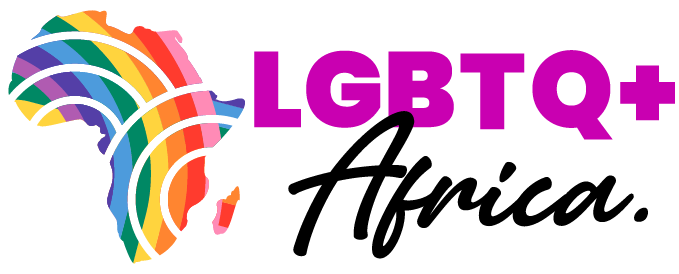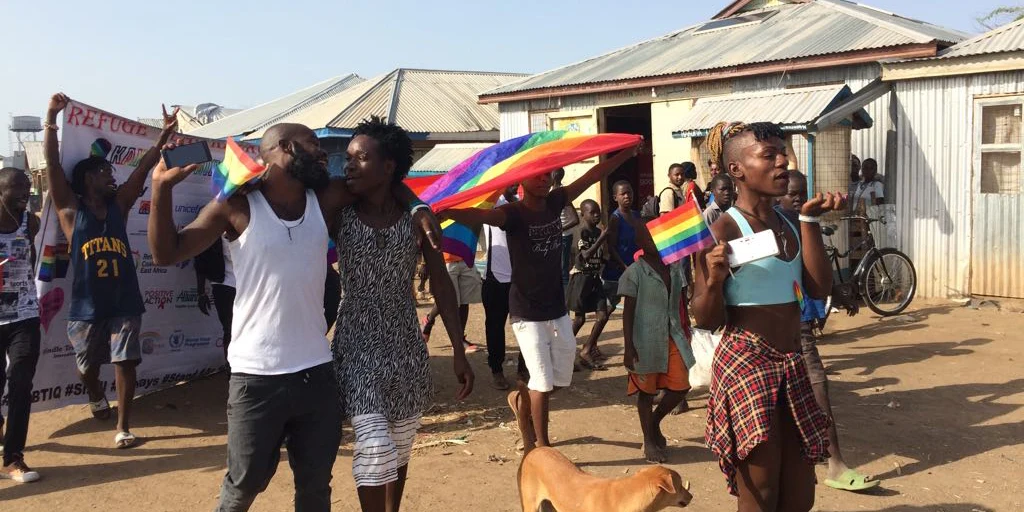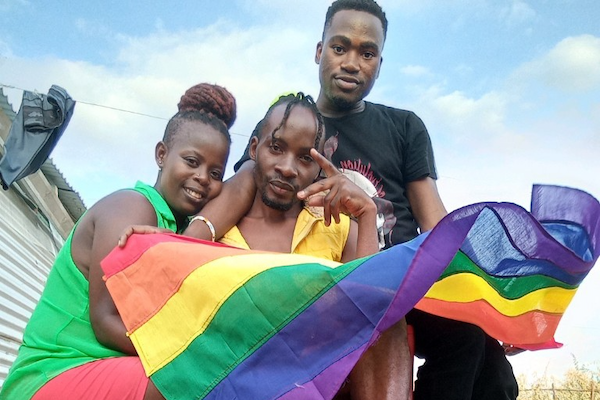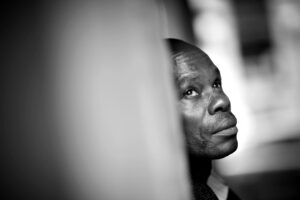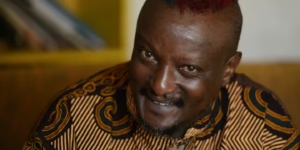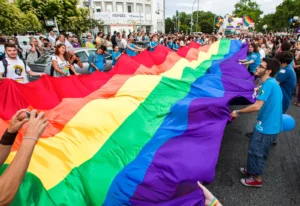Kenya has become a sanctuary for many LGBTQ+ individuals fleeing persecution from across Africa. Homosexuality is criminalized in over 30 African countries, and LGBTQ+ individuals often face violence, discrimination, and even death threats in their home countries. For many, Kenya represents a relative safe haven, as its laws, while still restrictive, are less harsh than those in neighboring nations. However, the journey to safety is fraught with challenges, and life as an LGBTQ+ refugee in Kenya is far from easy.
Why Kenya?
Kenya is a signatory to international refugee conventions, which means it is obligated to offer asylum to those fleeing persecution. While homosexuality is still criminalized under Kenyan law (with penalties including up to 14 years in prison), the enforcement of these laws is relatively lax compared to countries like Uganda or Somalia. This has made Kenya a destination for LGBTQ+ refugees from across East and Central Africa, including Uganda, Rwanda, Burundi, the Democratic Republic of Congo, and Somalia.
Many LGBTQ+ refugees arrive in Kenya with nothing but the clothes on their backs, having fled their homes under the cover of darkness to escape mob violence, family rejection, or state-sanctioned persecution. For them, Kenya represents a chance to live openly and without fear—or at least with less fear than they faced at home.
Life in Kakuma Refugee Camp
The majority of LGBTQ+ refugees in Kenya end up in Kakuma Refugee Camp, a sprawling settlement in the country’s arid northwest. Established in 1992, Kakuma is home to over 200,000 refugees from across Africa. While the camp provides basic necessities like food, shelter, and medical care, life there is incredibly difficult, especially for LGBTQ+ individuals.
- Discrimination and Violence: LGBTQ+ refugees in Kakuma face widespread discrimination and violence from both fellow refugees and the local community. Many are ostracized by their own national groups within the camp, leaving them isolated and vulnerable. Reports of physical attacks, sexual violence, and harassment are common. LGBTQ+ refugees often live in constant fear for their safety, with little protection from camp authorities.
- Lack of Resources: The camp’s resources are stretched thin, and LGBTQ+ refugees often struggle to access basic services. Many are denied food rations or medical care due to their sexual orientation or gender identity. Mental health support is virtually nonexistent, despite the trauma many LGBTQ+ refugees have experienced.
- Limited Opportunities: Life in Kakuma offers few opportunities for education, employment, or personal growth. LGBTQ+ refugees, already marginalized, find it even harder to access these limited resources.
Urban Refugees: A Slightly Better Option
Some LGBTQ+ refugees manage to leave Kakuma and settle in urban areas like Nairobi, where they hope to find greater safety and opportunities. However, life in the city comes with its own set of challenges:
- High Cost of Living: Many LGBTQ+ refugees struggle to afford housing, food, and other necessities.
- Exploitation and Abuse: Some fall victim to exploitation, including sexual exploitation, as they try to navigate life in a new and unfamiliar environment.
- Limited Legal Protections: While urban areas may offer more anonymity, LGBTQ+ refugees still face discrimination and harassment, with little legal recourse.
Organizations Supporting LGBTQ+ Refugees
Despite the challenges, several organizations in Kenya are working tirelessly to support LGBTQ+ refugees. These groups provide essential services, advocate for their rights, and create safe spaces where refugees can find community and support.
- Refugee Coalition of East Africa (RefCEA): RefCEA is a grassroots organization that supports LGBTQ+ refugees in Kenya. They provide legal aid, psychosocial support, and emergency assistance to refugees in need. The organization also advocates for the rights of LGBTQ+ refugees, working to raise awareness about their plight and push for policy changes.
- The Organization for Refuge, Asylum, and Migration (ORAM): ORAM is an international organization that supports LGBTQ+ refugees around the world, including those in Kenya. They offer legal assistance, advocacy, and capacity-building programs for local organizations.
- Galck+ (Gay and Lesbian Coalition of Kenya): While primarily focused on LGBTQ+ rights in Kenya, Galck+ also provides support to LGBTQ+ refugees, including legal aid and advocacy.
- HIAS Kenya: HIAS is a global organization that supports refugees, including LGBTQ+ individuals. In Kenya, they provide psychosocial support, legal aid, and livelihood programs to help refugees rebuild their lives.
Stories of Resilience
Amid the hardship, there are stories of resilience and hope. Many LGBTQ+ refugees in Kenya have found ways to support each other, creating informal networks of care and solidarity. Some have started small businesses, while others have become activists, using their voices to advocate for change.
One such story is that of Amina, a transgender woman from Somalia who fled to Kenya after being attacked by her family. In Kakuma, she faced constant harassment and violence but found solace in a small group of LGBTQ+ friends. With the help of RefCEA, Amina was able to relocate to Nairobi, where she now works as a hairdresser and advocates for the rights of LGBTQ+ refugees.
Another story is that of John, a gay man from Uganda who was forced to flee after being outed by a neighbor. In Kakuma, John faced discrimination and violence but found strength in his faith and the support of a local church that welcomed LGBTQ+ refugees. He now works with HIAS Kenya, helping other refugees access legal aid and psychosocial support.
The Road Ahead
The situation for LGBTQ+ refugees in Kenya remains dire, but there is hope for a better future. International organizations, local activists, and the refugees themselves are working tirelessly to improve conditions and advocate for change. Key steps include:
- Policy Reforms: Advocating for changes to Kenya’s refugee policies to better protect LGBTQ+ individuals.
- Increased Funding: Securing more resources for organizations supporting LGBTQ+ refugees.
- Global Awareness: Raising awareness about the plight of LGBTQ+ refugees in Kenya and around the world.
Conclusion
The story of LGBTQ+ refugees in Kenya is one of survival, resilience, and hope. Despite facing unimaginable challenges, these individuals continue to fight for their right to live with dignity and freedom. Their stories remind us of the importance of compassion, solidarity, and the ongoing struggle for LGBTQ+ rights worldwide. As we work towards a more inclusive and equitable world, we must not forget those who have been forced to flee their homes simply for being who they are.
